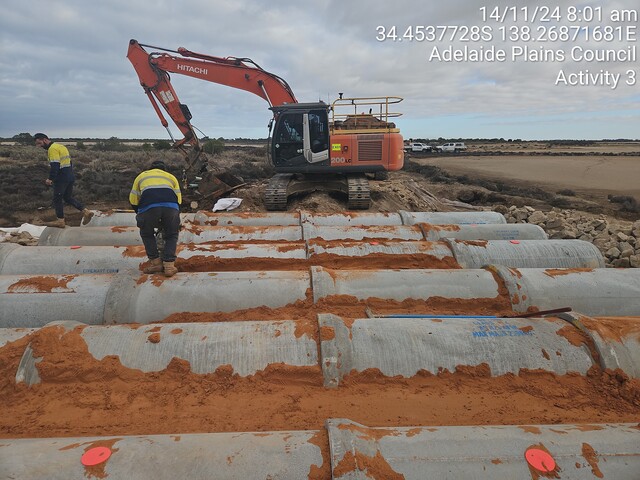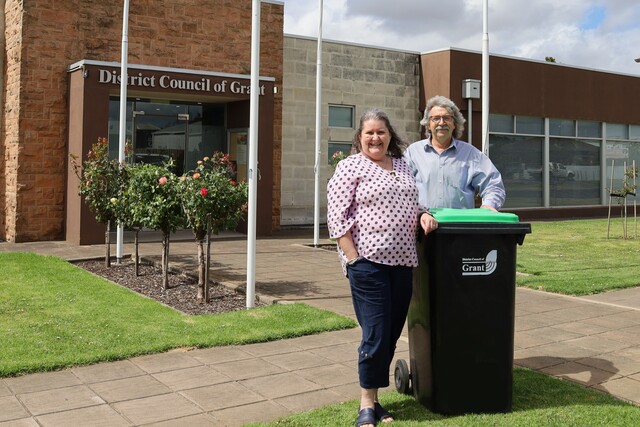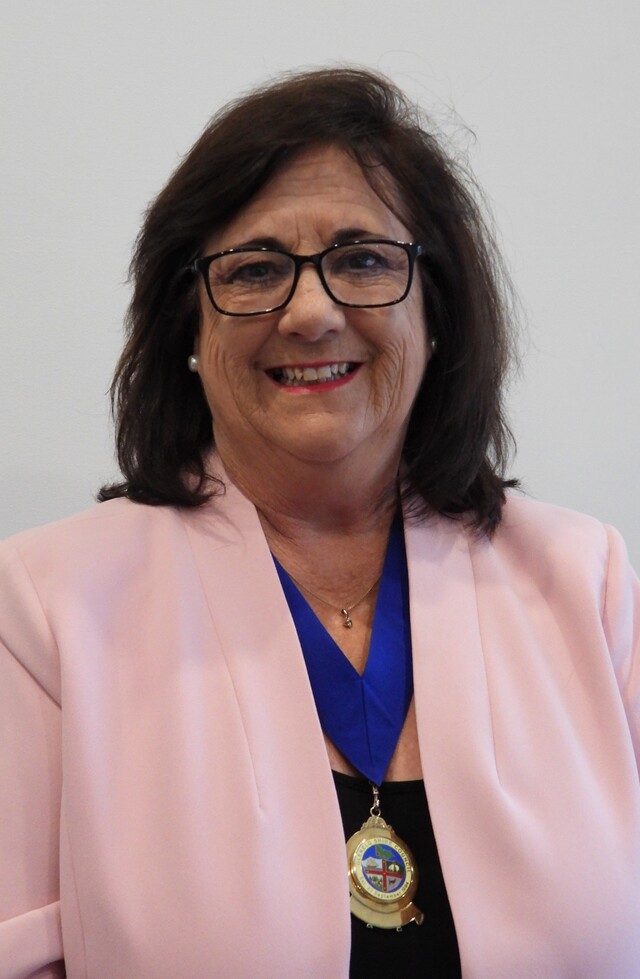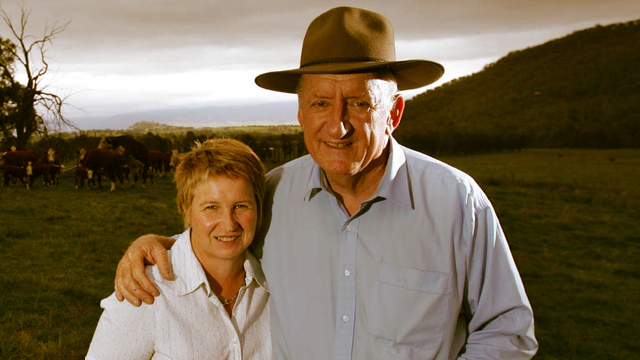The stakeholder hearings for the United Nation’s Commission for Sustainable Development, held last month in New York, brought the global issue of long term, sustainable management of energy and transport in local communities into the international spotlight.
Serpentine-Jarrahdale Shire President and WA Municipal Association Sustainability representative, Councillor Jan Star, was one of 10 Local Government representatives in the world to participate in the stakeholder hearings in April. The Commission was formed after the Earth Summit in Rio de Janeiro in 1992.
Councillor Star was one of two Australians in the Local Government delegation to the United Nation’s hearings. She said they provided an opportunity for all global stakeholders groups, including business, science, trade unions, non government organisations and Local Governments to suggest policies and actions that would help the global energy and transport industry move towards sustainable development.
“Primary targets were cleaner fuel, energy efficiency and reduction in demand for fuels,” Councillor Star said.“There was unanimous support for the integration of land use and transport planning, particularly to increase modes of transport such as bike and rail and to decrease dependency on cars.
“Some other issues discussed by the group were the withdrawal of the US from the Kyoto Protocol, which was condemned widely by the European Cities Group, and a proposition from the Business Stakeholder Group to have nuclear power accepted as a clean energy source. This received strong opposition from all other participants in the hearings.”
Some of the key Local Government recommendations were to support international standards for clean energy and vehicle manufacture; to focus investment on measures that reduce energy and transport demands; and to recognise Local Government’s ability to develop local sustainable land use and transport policies.
“To create sustainable land use, we must eradicate the hidden costs, subsidies and externalities that support unsustainable practices,” she said. “This hearing, while having a global focus, also looked at ways we can individually be sustainable operators. Things such as buying local food, riding our bikes more, turning off lights, buying energy efficient globes, installing insulation in our houses, to name just a few.
“In Australia, a global Local Government initiative, called Cities for Climate Protection, ensures over 50 percent of our population are included in an education program on energy demand reduction measures.”
She said Local Governments were able to demonstrate to other stakeholder groups how Agenda 21 was being implemented at a local community level.
“The hearings were a fantastic opportunity to show the world how Local Governments in Australia were taking a leading role in sustainability, and to bring back ideas that will assist us to further the cause at a local level,” Councillor Star said.







